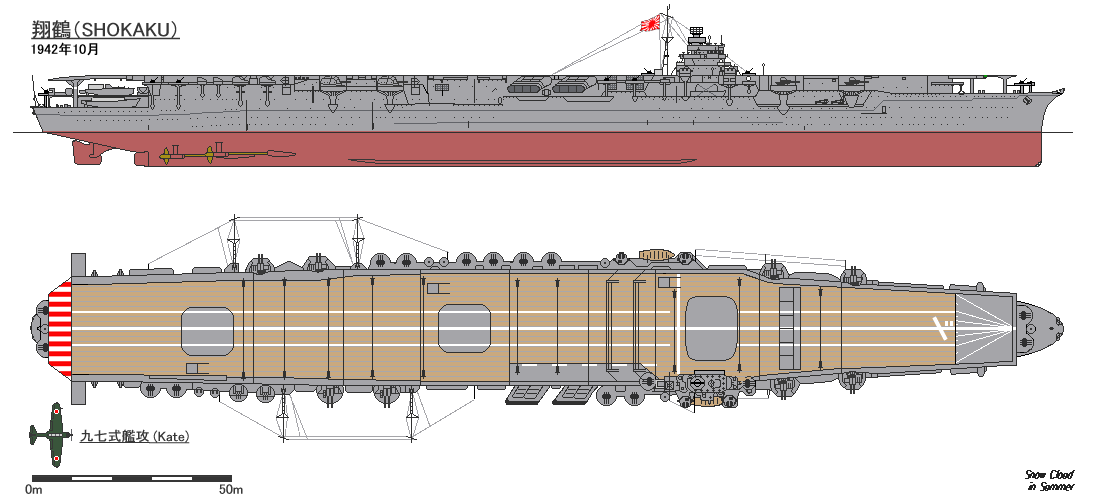Warspite1ORIGINAL: Nikademus
ORIGINAL: warspite1
I think its too easy to dismiss Chamberlain's efforts in the ultimate defeat of Hitler (and Alfred you have pertinently pointed out the reasons why). I just wish the Munich agreement hadn't happened......
Chamberlain became a key ally once Churchill took the reigns of power. Had the former thrown in his full support to Halifax who in his job as Foreign Minister was in discussions with the Italian ambassador during the concluding weeks of France, the UK might have settled for a negotiated peace to which Churchill was diametrically opposed. Mind you, these discussions were only that.....discussions, but Churchill and his cabinent were aware of it and Halifax seriously opposed Churchill's conviction that Hitler would not take advantage of his victory and offer unacceptible terms.
Exactly, it has been assumed that even if Halifax was to become PM, he would definitely have done a deal with Hitler. However, that conversation referred to by Andrew Marr on the 28th May 1940, was about whether or not talks should begin. Halifax is minuted as saying he was not proposing Britain gives up her independence. May be there would have been no deal even if Churchill was beaten to the job by Halifax.
Another interesting what if, is that had Halifax not declined the job of PM after Chamberlain's No Confidence fiasco and the realization that the new coalition government would not support his remaining PM, it would probably have been a certainey. Churchill must be given props IMO for being the driving force behind Britian's stand against Hitler and what he represented at a time when defeatist elements were present, (like in Joe Kennedy's case who was convinced the UK was a losing bet for the US to support)
Did Halifax feel he had a choice though? One thing that has not been mentioned in all this was that he was a peer, and as such was not able to enter the House of Commons. Perhaps, given this was a time of national crisis, this rule may have been circumvented, but I do not know that for certain. We do like our traditions you know [:)].
But even if it was not really an obstacle to his becoming PM, did Halifax use that as a convenient excuse? Did he really want the job.
Throwing in yet another what if.....the encirclement and loss of the BEF......aiee. Not sure if Churchill could have weathered that. Halifax's position would have been immeasurably strengthened.
As argued earlier, Churchill had been PM only since the 10th May. He could not have been held accountable for what took place in the 18 days since.










 [/center]
[/center]



